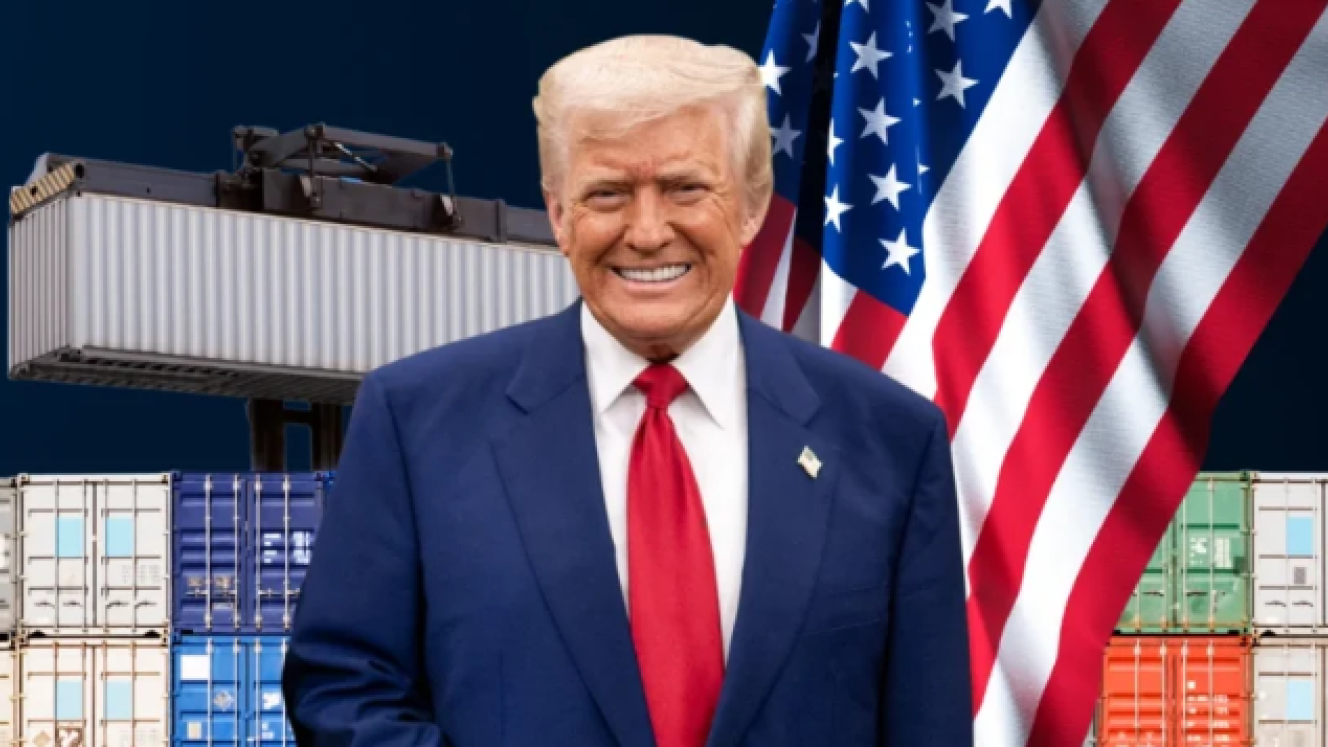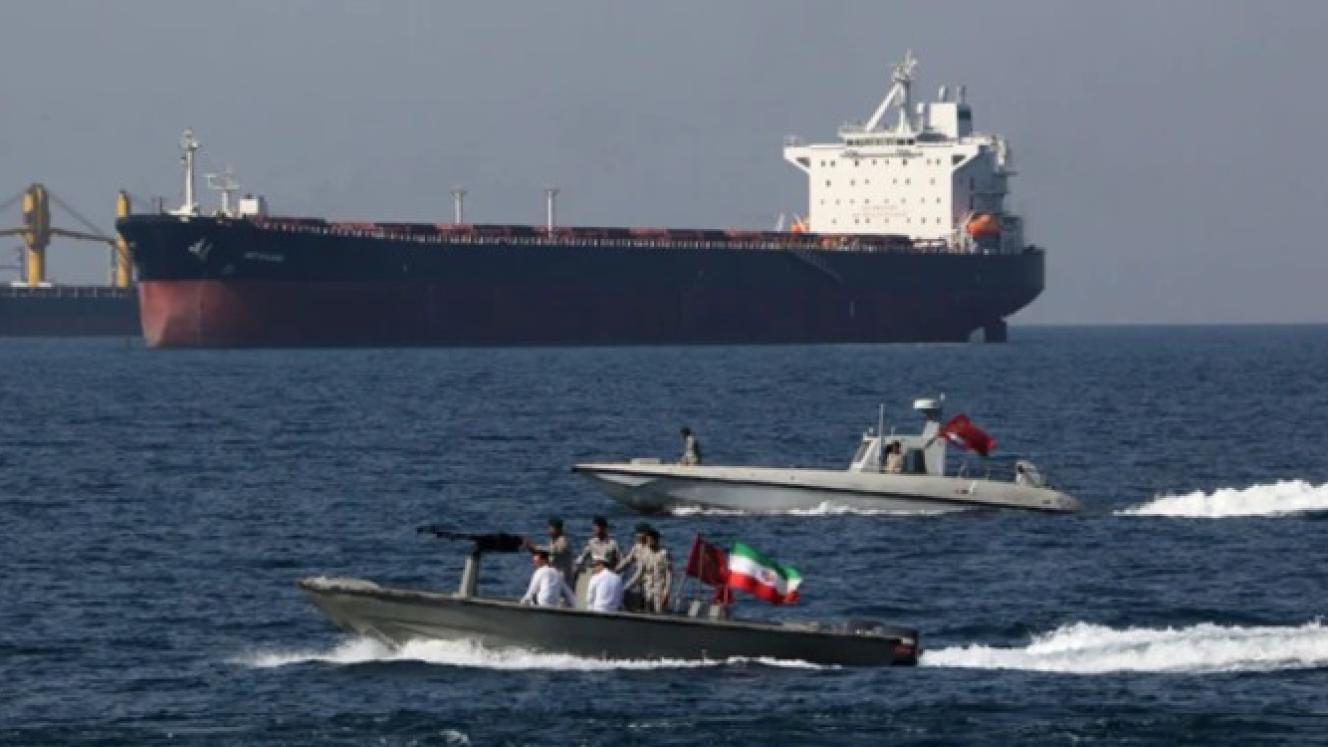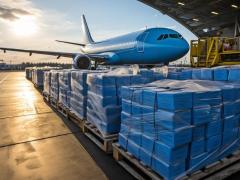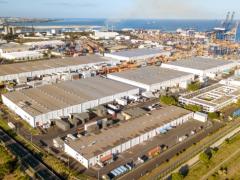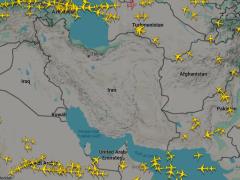Finance ministers and central bankers from around the world are gathering in Washington this week for the Spring Meetings of the International Monetary Fund and World Bank.
But the key figures in their delegations might be officials who usually don’t attract the limelight: trade negotiators.
Take South Korea, which is seeking to ease punitive tariffs imposed by the Trump administration, Bloomberg reports.
US Secretary of Treasury, Scott Bessent, and Trade Representative, Jamieson Greer, are set to meet on Thursday with South Korea’s Finance Minister, Choi Sang-mok, and Industry Minister, Ahn Duk-geun.
The South-East Asian country’s export-reliant economy is vulnerable to the ‘Liberation Day’ tariffs President Donald Trump announced earlier this month, with preliminary trade data showing a 14.3% slump in shipments to the US in the first 20 days of April.
The outcome of the talks will be closely watched by other nations equally keen to protect their economies from punishing “reciprocal tariffs”.
One of them is South Africa*, which risks duties of 30% on certain goods, specifically citrus and automotive parts, if trade-stabilising talks with the US fail.
South Korea wants to narrow its trade surplus with the US and stabilise its economy amid a political crisis and an upcoming presidential election.
Wendy Cutler, vice president of the Asia Society Policy Institute, said in an emailed statement that Korea had “much to offer” the US, including more foreign direct investment from its autos, steel and semiconductor companies, cooperation on the shipbuilding industry that China currently dominates, and stronger energy partnerships.
At the same time, China is warning countries against striking deals with the US that could hurt Beijing’s interests. Chinese trade flows have mainly weathered the economic volatility unleashed by Trump’s April 2 tariff announcement, official data has shown.
Cutler said it would be hard for Korea to agree to take steps that targeted China, its largest trading partner.
Monday’s warning from Beijing “is probably causing increased angst among Korea’s negotiating team, which is trying hard to address US concerns but will have its limits”.
For Japan, whose trade delegation visited Washington for talks last week, the impact of Trump’s tariff push has already filtered through to the Japanese economy, with about 10% of company respondents saying the measures have affected their businesses and more voicing concern on the future jolt, a survey has confirmed.
Bloomberg Economics estimates Trump’s tariffs will shave about $2 trillion off global output by the end of 2027.
While Trump cited “big progress” with Japan, Prime Minister Shigeru Ishiba said his country would not just keep conceding to US demands to reach a deal – some of his most combative remarks since Trump launched a push for more access to Tokyo’s sensitive auto and agricultural sectors.
“If Japan concedes everything, we won’t be able to secure our national interest,” Ishiba said in parliament on Monday.
Meanwhile, Washington said it had made significant progress toward a bilateral trade deal with India following talks between Vice President JD Vance and Indian Prime Minister, Narendra Modi, on Monday, paving the way for further discussions that New Delhi hoped might shield it from additional tariff hikes.
Vietnam’s prime minister has ordered his negotiating team to “thoroughly prepare” for tariff talks with the US, while avoiding any impact elsewhere, as the nation seeks to make swift progress in averting one of the largest US tariffs.
Pakistan’s Finance Minister Muhammad Aurangzeb said the South Asian nation was looking at more imports from the US and the removal of non-tariff barriers.
But talks between the US and Thailand had been postponed after Washington asked the Southeast Asian nation to address a set of issues related to trade, officials said.
No new dates have been set for talks after the two sides agreed to postpone negotiations previously slated for April 23, Prime Minister Paetongtarn Shinawatra told reporters on Tuesday. She didn’t specify what the issues were.
* This Bloomberg report contained no update relating to South Africa’s emergency trade talks with the US.
